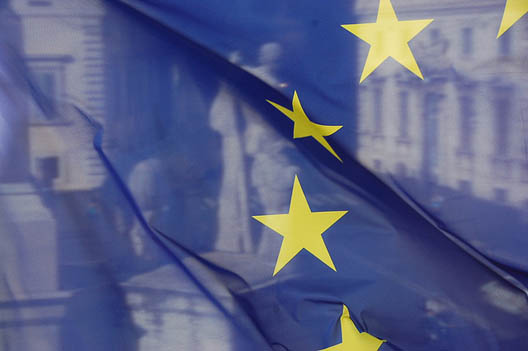The 2014 vote for the European Parliament reflects a European Union at a critical juncture. The voter turnout, at about 43 percent, is the same as in 2009, thus halting its long decline. The traditional parties, the European People’s Party, the Social Democrats, the Liberals, will hold the largest number of seats. Outside the mainstream, populist, anti-European, extremist parties on the left and right have won a vocal, strong presence.
Popular protest and discontent, fueled by economic constraints and years of belt-tightening, have zeroed in on the very idea of Europe. This has happened especially (but not only) in the countries hardest hit by the economic crisis. The anti-Europe vote has different souls; lacking a common agenda, they will be united in opposing any from the EU.
This anti-EU streak is the trademark of the 2014 elections. Beyond it, the European vote breaks down in a sum of national votes. In Germany it states an overwhelming support, both for Angela Merkel and for the CDU-SPD grand coalition. In France it expresses dissatisfaction with ruling Socialists and a big shift to the right, partly bypassing centrist UMP in favor of National Front. In UK it has been a warm-up to the 2015 elections and to the debate, and possible referendum, on the UK-EU relationship. Italy cast a vote of confidence on the Matteo Renzi’s government; he won it handsomely. Greece, Cyprus, Spain, Portugal and Ireland, have reacted differently at the ballot to similar hardships. Nor there is much of a common thread in the turnout, except that it is definitely lower in most Eastern European countries, with Slovakia, at 13 percent, the very bottom of the scale.
The vote confirms the serious underlying problems and the malaise confronting the EU. Having avoided worst-case scenarios only allows the European Union to live to fight another day. The voting minority, together with their choice, cast doubts, discontent and anxiety, but has proved willing to give the EU a chance. The nearly 60 percent who chose not to vote will be even more relevant. In the past their acceptance of European integration could be taken for granted. Not any more.
Either the EU will be able to meet the real concerns of the European people – growth, employment, identity, legitimacy, ownership – or the anti-Europe forces will continue to thrive on them.
Ambassador Stefano Stefanini is a nonresident senior fellow with the Brent Scowcroft Center on International Security. He wrote from Brussels.
Image: (Photo: Flickr/Waldopics/CC License)
